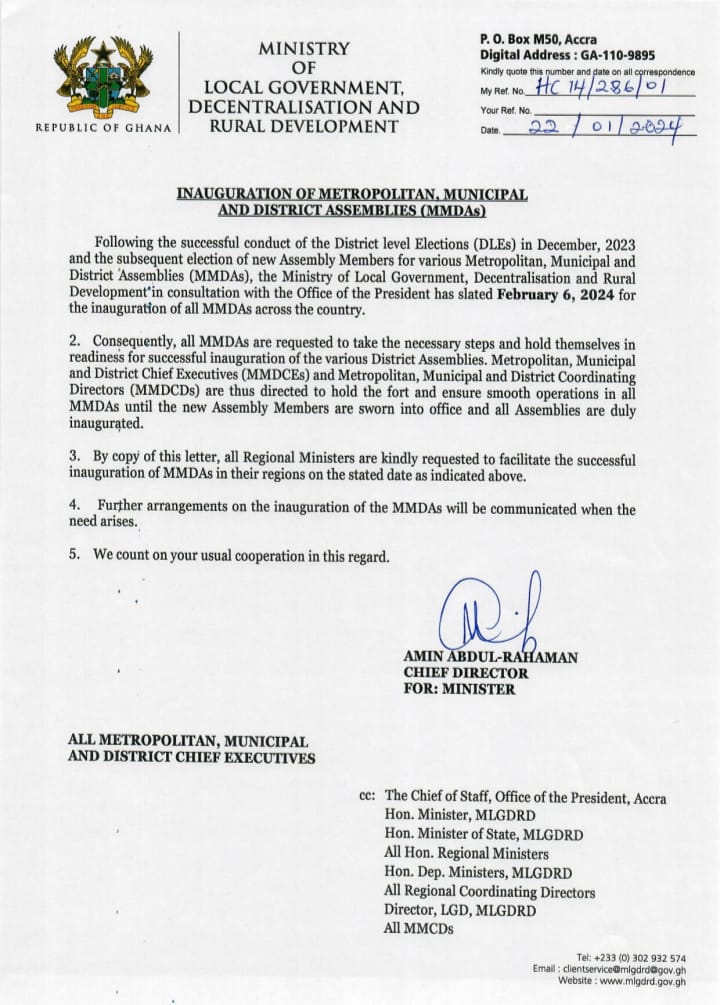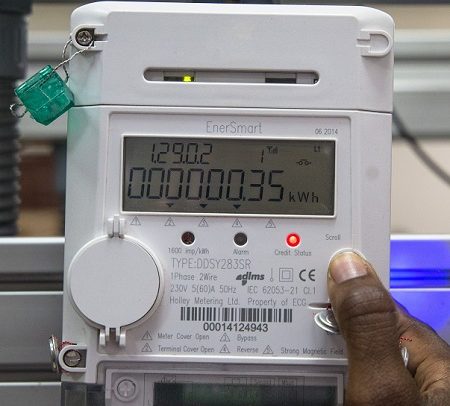
By Juliet ETEFE ([email protected])
Only 12 out of 258 Metropolitan, Municipal and District Assemblies (MMDAs) have scored above 50 percent in the 2024 Public Financial Management Compliance League Table (PFMCLT). This represents just 4.5 percent of the total assemblies reviewed.
Spearheaded by the Centre for Local Governance Advocacy (CLGA), the PFMCLT is designed to promote transparency, accountability and efficient resource utilisation in local governance. It evaluates assemblies across five core pillars: planning, budgeting, procurement, accounting and reporting & auditing.
The report shows that local governance is still grappling with public financial management gaps even as the national compliance average rose to 32.8 percent in 2024, up from 22 percent in 2023.
This indicates that no metropolitan assembly crossed the 50 percent mark, although three performed above the national average. Municipal and district assemblies recorded better scores than their metropolitan counterparts.
The results mark a marginal improvement over the 2023 assessment when only 11 MMDAs scored above the 50 percent threshold, highlighting the need for targetted reforms.
Speaking at the launch, Deputy Executive Director-CLGA Gladys Gillian Naadu Tetteh noted that while data coverage improved from 86 percent in 2023 to 99 percent in 2024, quality concerns persisted.
The 2024 assessment reviewed 258 out of 284 MMDAS – three district assemblies were excluded due to security concerns.
Rankings
La Dadekotopon Municipal Assembly emerged as top-performing MMDA in the 2024 Public Financial Management Compliance League Table, with Kwadaso and Kpando Municipal Assemblies placing second and third respectively.
Bottom of the rankings, Jirapa Municipal Assembly, Twifo/Hemang Lower Denkyira and Agona East District Assemblies placed 256th, 257th and 258th respectively.
Regional performance
“The Ashanti, Eastern, Greater Accra and Volta Regions recorded scores above both the 50 percent benchmark and national average. Volta Region was particularly outstanding, with all 17 assessed assemblies surpassing the national average,” she noted.
She added that: “Central, Bono, Bono East, Northern, Upper East, Western and Oti Regions had no assemblies exceeding 50 percent; however, several performed above the national average. Remarkably, all eight assemblies in the Oti Region scored above the 33 percent national average.
“Ahafo, Savannah, Upper West and Western North Regions recorded the lowest scores, with none surpassing either the 50 percent mark or the national average.”
Challenges
The Deputy Executive Director added that many assemblies submitted incomplete or outdated documentations, with some lacking credible evidence of compliance.
Systemic issues included weak alignment between development plans and implementation reports, poor stakeholder engagement, underutilisation of the Ghana Electronic Procurement System (GHANEPS), ineffective internal controls and lack of enforcement for audit recommendations.
Solutions
To address these challenges, CLGA announced a series of interventions including targetted capacity-building for low-performing MMDAs, public town hall meetings, policy dialogues and greater media engagement.
In a keynote address, United Nations Audit Advisor Dr. Eric Oduro Osae emphasised that the PFMCLT is a critical feedback tool for evaluating sub-national performance and must not be left to gather dust.
He asserted that no country can thrive on a single governance leg – stating that fiscal decentralisation is key – and urged that sub-national financial systems be prioritised.
He highlighted Ghana’s recent credit rating upgrade by Fitch, noting that while macro-level fiscal indicators are improving, local governments risk being left behind.
“This PFMCLT gives us evidential feedback on how local governments are managing funds. It is time funds follow functions,” he urged.
Dr. Osae also commended government’s intention to transfer 80 percent of the District Assemblies Common Fund directly to assemblies, stressing that such a move requires stronger financial systems to prevent misuse and prepare assemblies for potential municipal bond financing.
He further recommended that PFMCLT results be incorporated into the performance evaluations of Chief Executives and key local government institutions. He also called on development partners to support capacity-building in areas such as planning and budgeting to drive nationwide improvement.
CLGA expressed its appreciation to the European Union, its principal funding partner, and commended its technical and field teams for their dedication to ensuring data credibility.
The post Only 12 MMDAs score above 50% in financial management appeared first on The Business & Financial Times.
Read Full Story
















Facebook
Twitter
Pinterest
Instagram
Google+
YouTube
LinkedIn
RSS